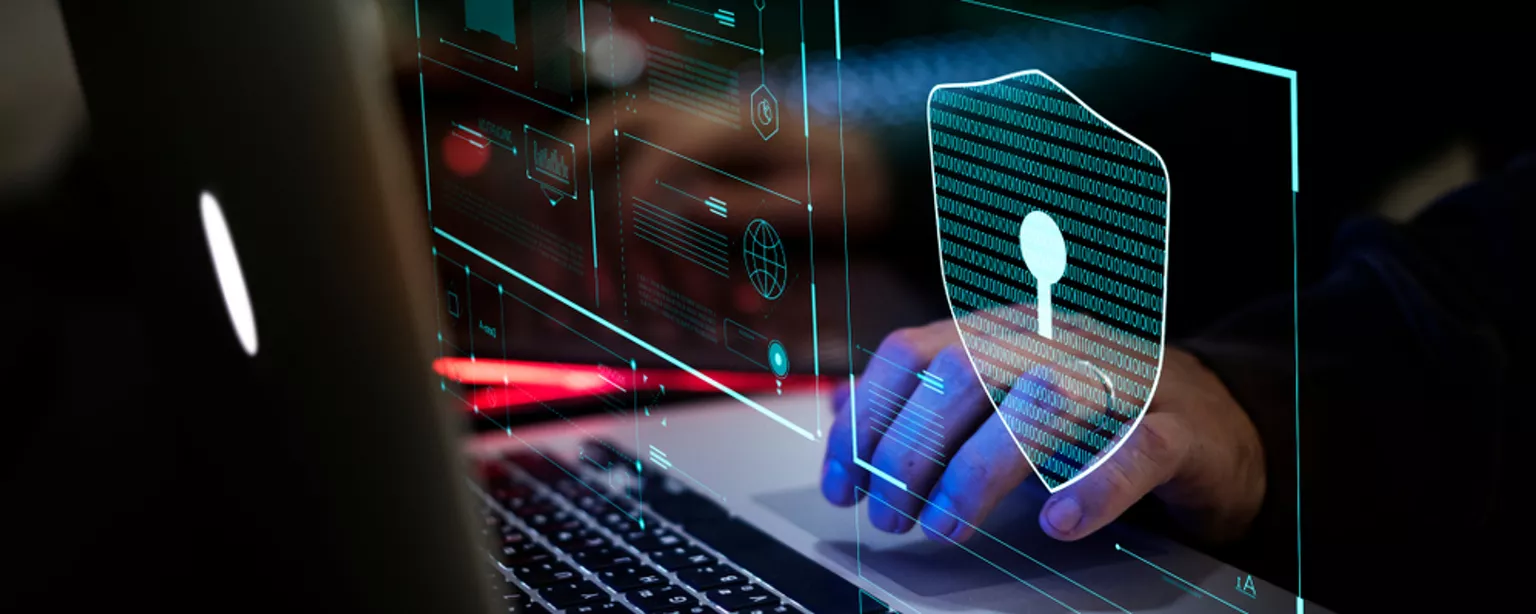COVID-19 has shifted the global economy and society to become more reliant on the internet, apps and the digital economy as it enabled millions of people to work remotely.
These rapid and necessary adaptions are integral to sustaining business operations for many, thereby also increasing corporate and individual technological risks which brings with it a spike in demand for skilled IT security staff.
The ongoing impact of COVID-19
More professional services organisations transitioned to offsite servers and increased the use of mobile or personal devices to conduct business operations, resulting in the decentralisation of existing commercial cyber-security protocols. This created greater national exposure to security risks and cyber-crime. Similarly, primary and service industries automated processes to reduce human handling and digitised reporting procedures to ensure compliance with new hygiene and safety protocols, which fuelled a greater reliance on cloud software to conduct regular operations.
As a result, cyber-attacks and data fraud owing to the abrupt adoption of new working patterns are considered the most likely technological risks of COVID-19 for organisations across the globe, cited by almost one in four (38%) top risk professionals, according to this recent analysis by the World Economic Forum (WEF).
Cyber-security skills shortage
Pressure on the number of available of cyber-security professionals needed to deal with such threats was already underway well before the current COVID-19 crisis hit. In response to heightened security risks, the Australian government has announced a $1.35 billion cyber-security package aimed at increasing infrastructure and creating a host of specialist roles in its wake.
This spike in specialist cyber-security talent demand has been mirrored by big banks, technology giants and niche info security companies and is also reflected in recent IT recruitment trends observed by Robert Half.
The most in-demand IT roles during the current pandemic include:
- Security Consultant
- IT Security Manager
- Chief Information Security Officer
- Heads of Compliance
- Risk Manager
- IT Audit Manager
These roles are demonstrating the importance of risk assurance and threat mitigation during these turbulent times.
The way forward
With large numbers of employees continuing to access and deal with sensitive customer and client information whilst working remotely, IT security professionals will remain critical for ensuring that companies maintain safe and secure working practices as we continue into the ‘new normal’.
Whether it’s exploring further ways of making remote work more efficient and convenient by bolstering data handling protocols, enhancing IT system and Desktop as a Service (DaaS) Solutions to enable more flexible use of at-office and remote working environments, bringing cloud-based collaboration platforms online and/or developing, testing and deploying e-commerce tools, as examples, finding the right tech skills will remain a priority for companies looking to gain the competitive edge in an increasingly digitised business environment over coming months. .
Robert Half continues to help many clients with sourcing and onboarding high-quality IT talent remotely. We have access to a strong network of interim and permanent technology professionals who are ready to help your organisation meet its rapidly changing IT and remote working needs. Contact us today.







